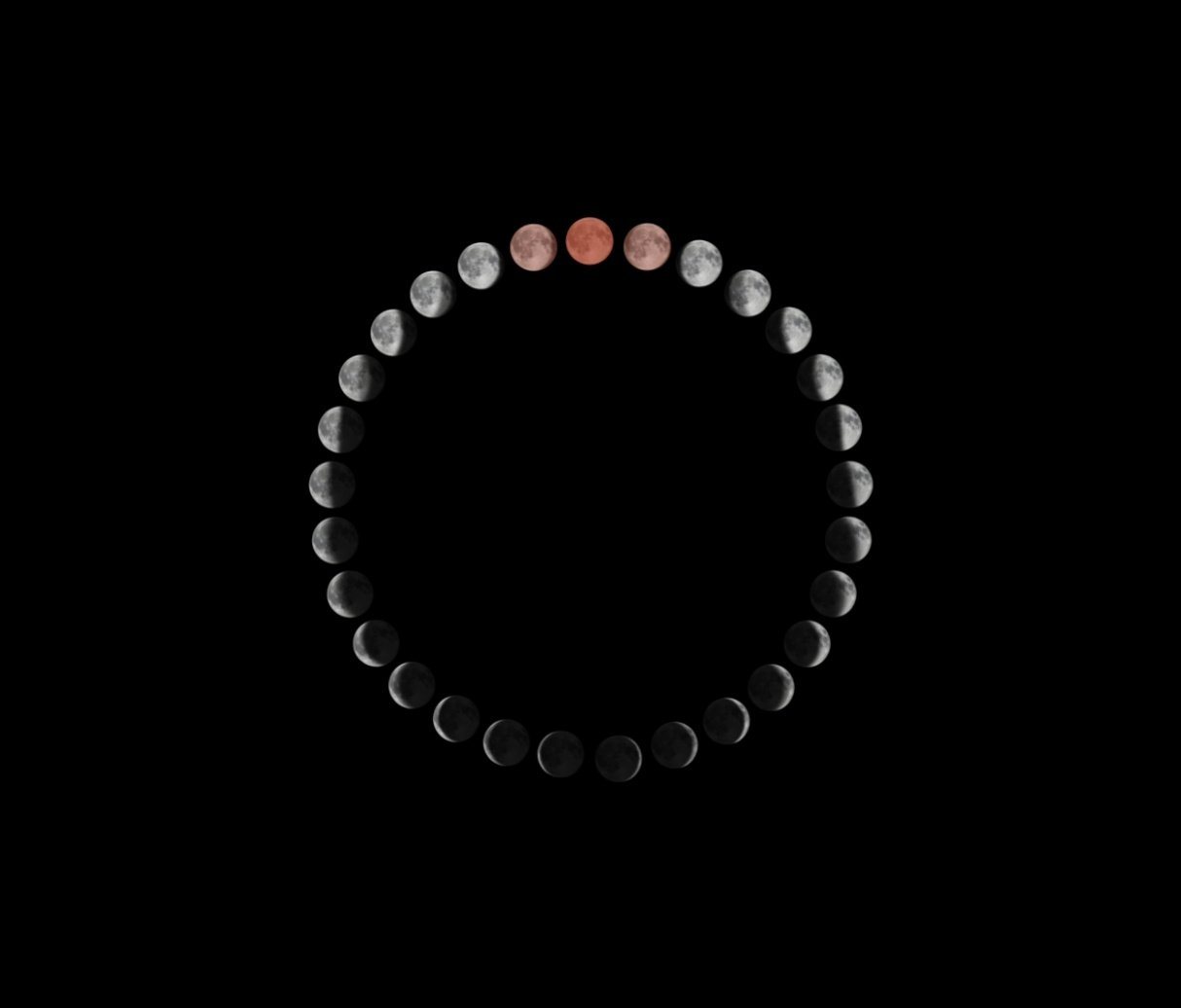

· By Courtney Mayszak, RDN, LDN
Cycle Tracking 101: Four Reasons to Start Tracking Your Period
Making peace with your period is possible, and cycle tracking can help you get there.
According to our friend and colleague Laura Payne, PhD, period pain researcher at Harvard Medical School, how we mentally approach our periods may actually have a lot to do with how they feel physically—both as it relates to cramps and PMS.
Part of Dr. Payne’s work is helping young women develop psychological skills for managing their menstrual pain. She focuses on three skills in particular:
- Decatastrophizing: developing less anxious, catastrophic thoughts about pain
- Mindfulness: the practice of learning to focus on the present moment
- Coping: identifying possibly helpful things to do when experiencing pain
Cycle tracking can help you build a similar skill set. Tracking your cycle is about collecting data and using it to your advantage. It’s about understanding, being in control, and building body literacy. Knowledge is power, and periods are no exception. Because the more we understand something, the more conquerable it becomes.
Here are our top four reasons to start cycle tracking:
1. Foresight
The most obvious benefit of tracking your period is knowing when it’s going to show up. And with this nugget of info comes the gift of preparedness. Think of all the underwear you could have saved! The sheets that could still be pristine!
Knowing when you’re PMSing (which usually begins 3-5 days before you start bleeding) is just as powerful. That moment when your period starts and suddenly all your emotions make sense? Imagine if you had know *before* you combusted on your partner over some small issue. (How’s that for decatastrophizing.)
Knowing why you cried three times on Monday may or may not stop it from happening, but it will give you an answer. Mercury isn’t in retrograde; you’re not spiraling into psychosis. It’s just biology. And in a way, that’s relief.

2. Early Warning Signs
Your menstrual cycle is considered a vital sign, which means it’s a direct indicator of your general health. Your period is your body’s way of telling you things are working like they should.
The reverse is also true; any change in the menstrual cycle is often the first obvious sign of various health issues, some of which have no clear connection to the reproductive system. By tracking your cycle, you’ll be able to detect any inconsistencies as soon as they happen, and relay the facts to your doctor.
3. Fertility Awareness
Tracking your period will reveal your fertile window, or the time of your cycle you’re most likely to become pregnant. This is useful info both if you’re trying to conceive, or avoiding it. If you’re hoping to get pregnant, having sex during your fertile window can significantly increase your chances of conceiving. If you’re not, it’s especially important to use a reliable form of contraception for sex during your fertile window.
Note: most tracking apps do not claim to be contraception. Your predicted fertile window is only an estimate, and there is still risk of pregnancy before and after this time. If avoiding pregnancy is important to you, don’t rely on period tracking as your only method of birth control.

4. Full Cycle Insights
Your ‘cycle’ isn’t just your bleeding days; it’s the whole 28ish day experience, complete with all its natural tides and hormonal ebbs and flows. You may feel the negative effects of hormonal fluxes most acutely on and around your period, but separate, positive effects are actually happening all month long.
Throughout the menstrual cycle, three key hormones—estrogen, progesterone, and testosterone—rise and fall in a specific, predictable pattern. The direction these hormones are headed over the course of the month impacts your mood, health, and behavior. They can influence everything from your energy levels to your spending habits; your sex drive to your response to stress. They can reveal when you’re most creative, able to communicate best, or are the most introspective.
Tracking your cycle can reveal where you fall among these hormonal tides, allowing you to harness their power and take the highs with the lows. Tracking can tell you when to use that extra energy or creativity to your advantage (and front load your schedule accordingly), as well when to take a step back, reflect, conserve, and restore.
In our opinion, embracing hormonal dynamism is next-level mindfulness, and a special kind of a superpower awarded only to those who menstruate. Who knows? A few notifications from your tracking app could open a window of ritual and connection.

Best apps for tracking your period
There are a bunch of great (and free) cycle tracking apps available these days, but Clue and Flo are some of our favorites.

